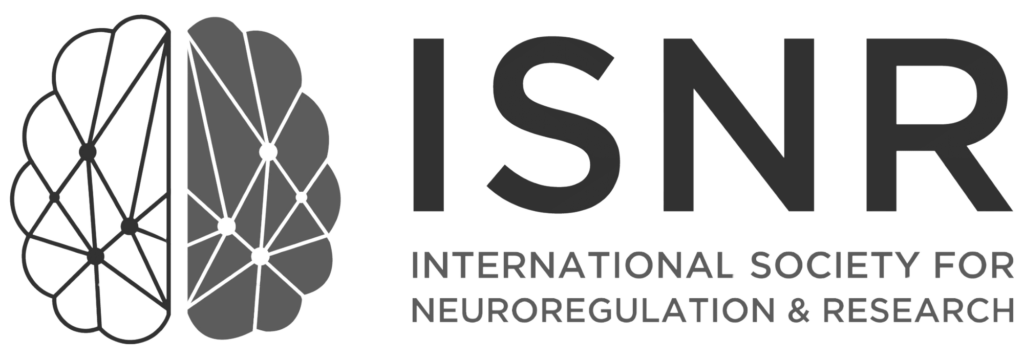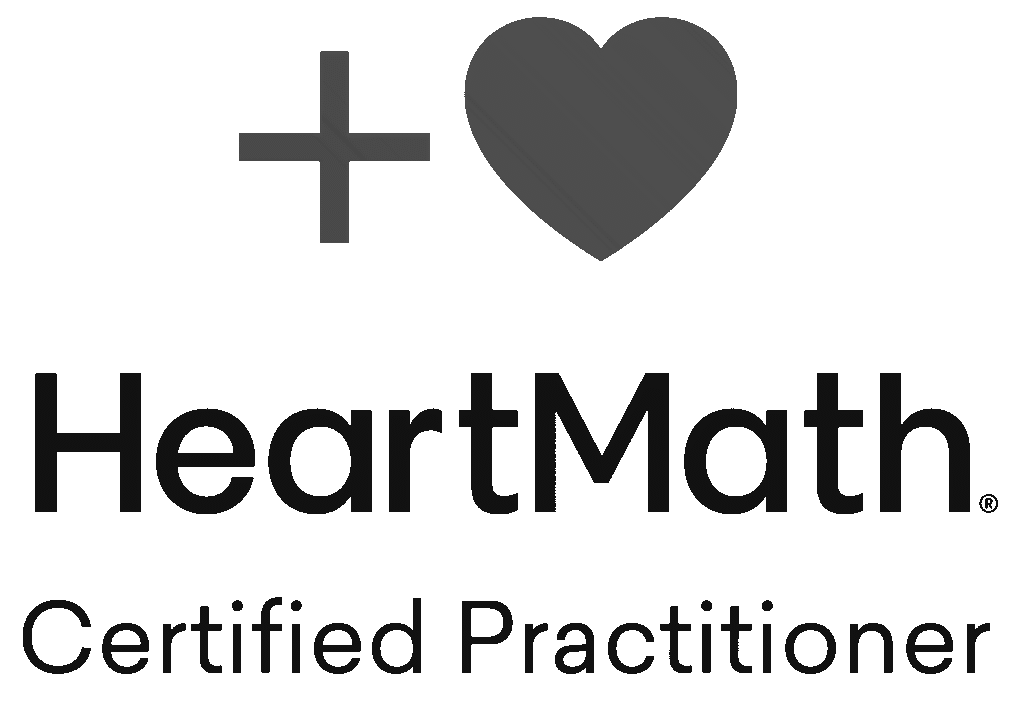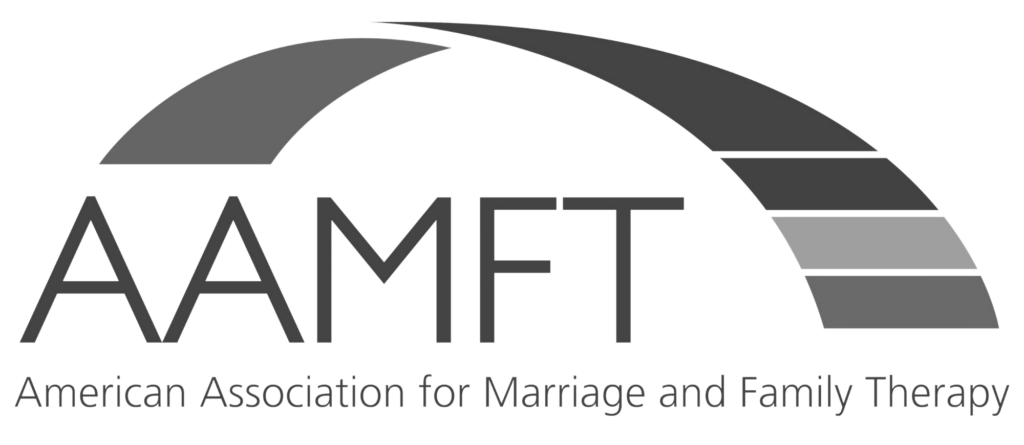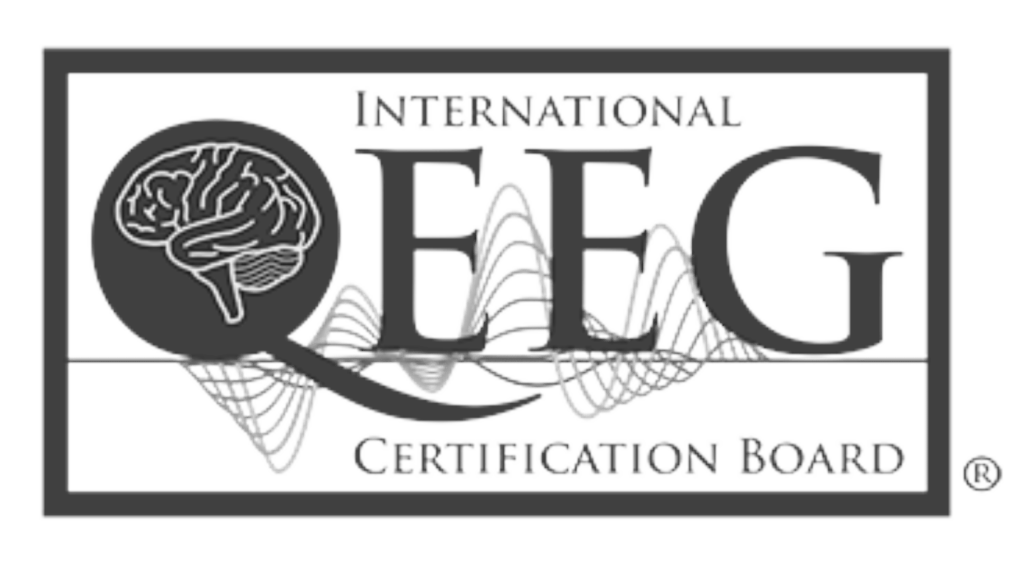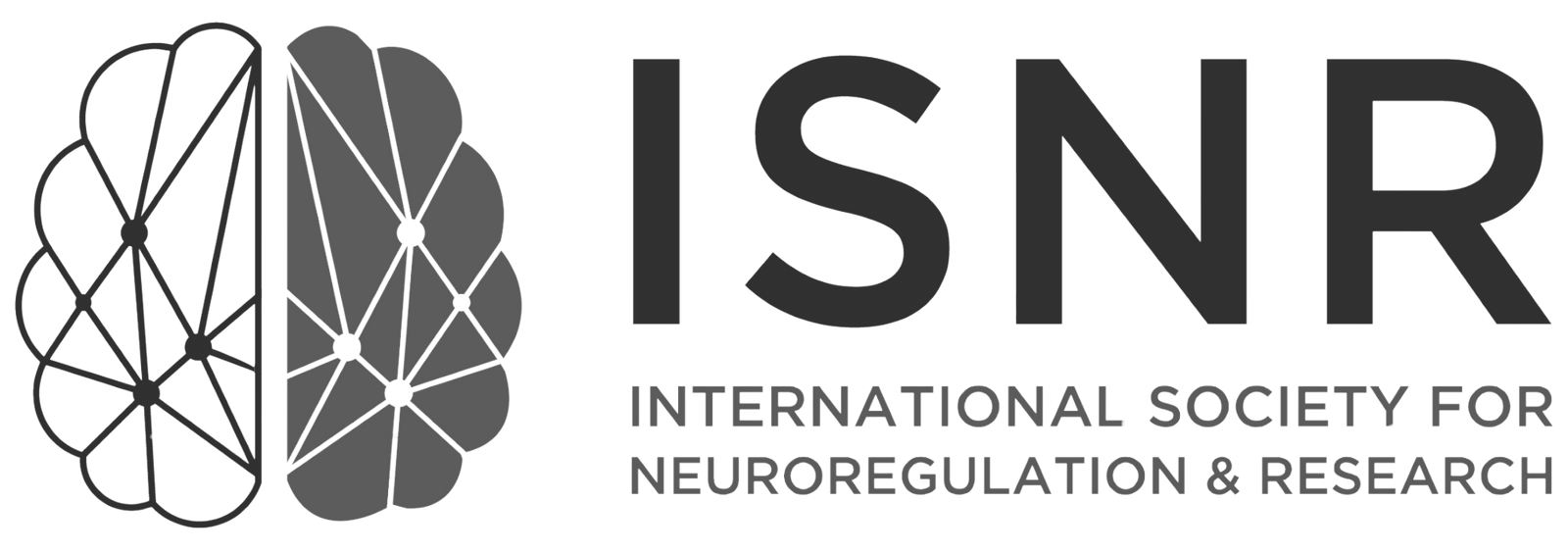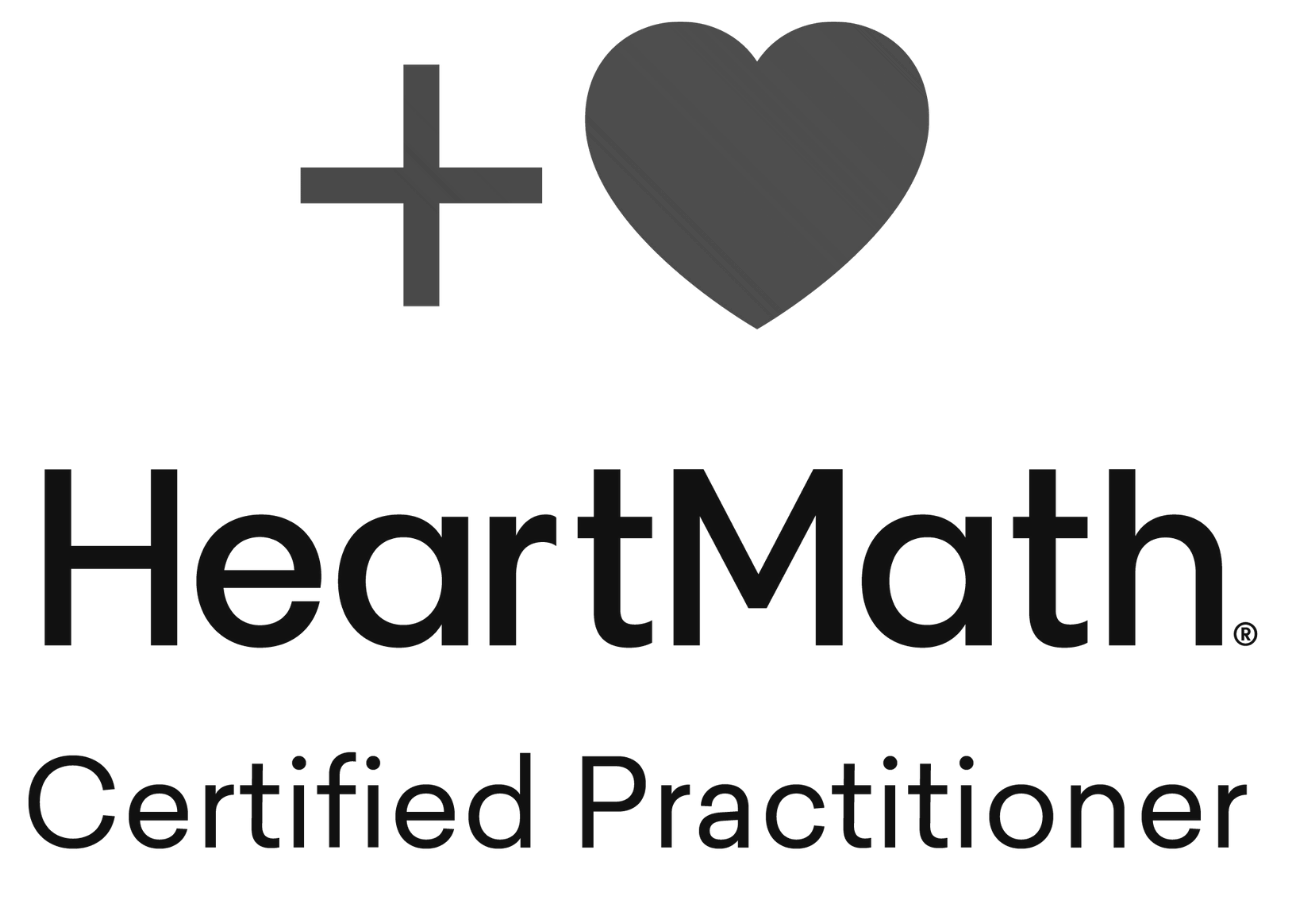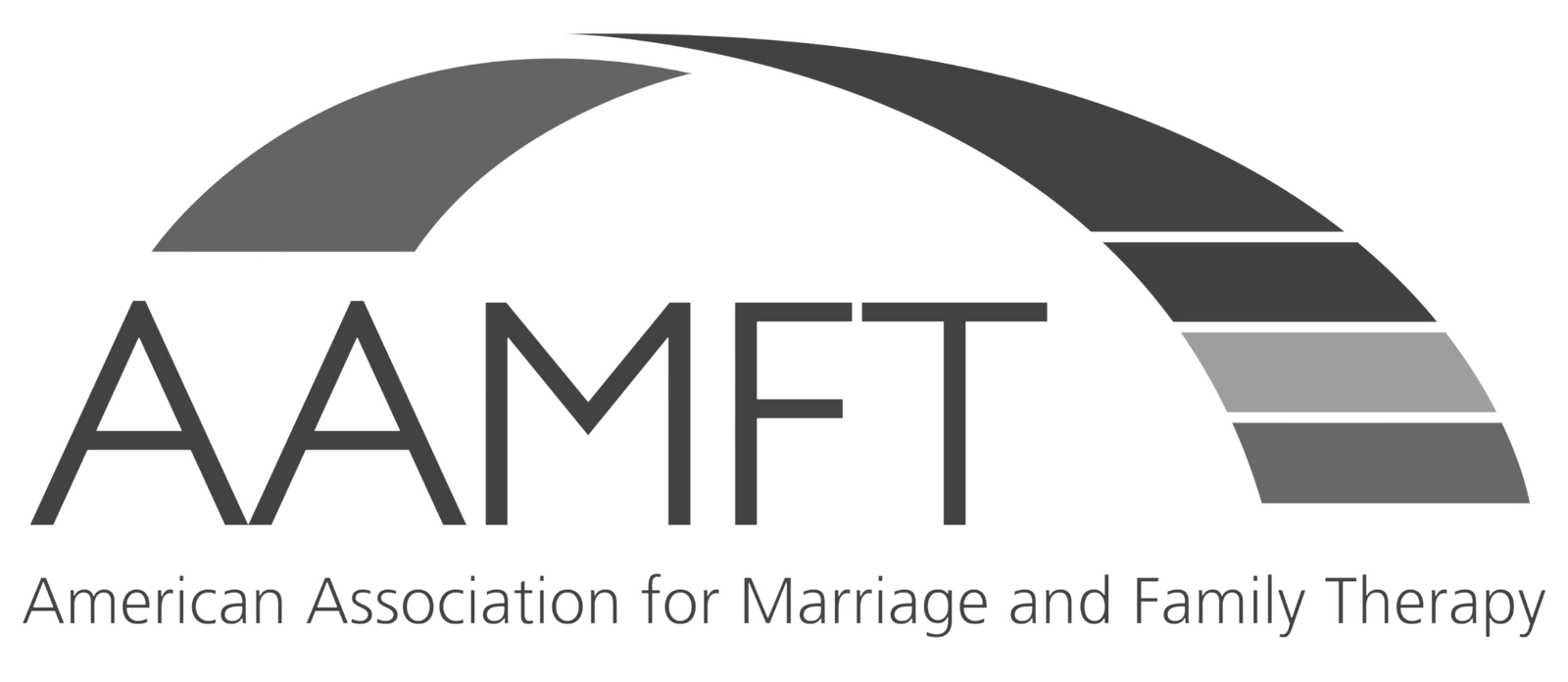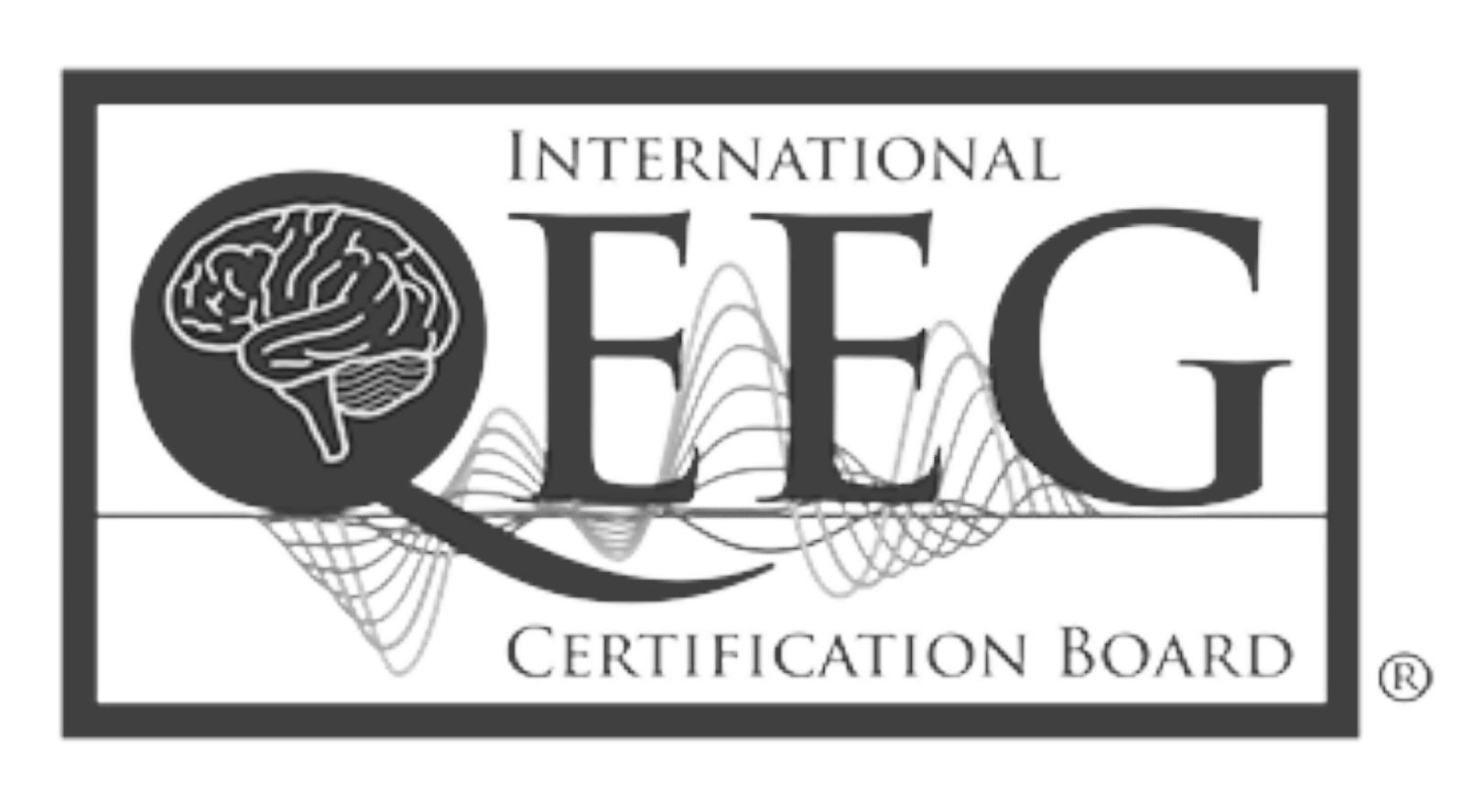Brain Health Redefined
Where Science Meets Compassion
We fuse contemporary mental wellness practices with interventional psychology, holistic therapy, and science-backed neurotechnology to improve your overall well-being.
Trusted by the Best
Brain Health Redefined
Leading the Way in Neurotherapy
We fuse contemporary mental wellness practices with interventional psychology, holistic therapy, and science-backed neurotechnology to improve your overall well-being.
Trusted by the Best
Brain Health Redefined
Where Science Meets Compassion
We fuse contemporary mental wellness practices with interventional psychology, holistic therapy, and science-backed neurotechnology to improve your overall well-being.
Trusted by the Best
Hot topics
Check out our Latest Additions to the Clinic:
Enhanced Focus on Dementia, Alzheimer’s, and Memory Loss
We’ve expanded our website’s “Conditions We Treat” and FAQ sections to reflect our expanded services and focus areas. Here, you’ll find detailed answers about our approaches to treating Dementia, Alzheimer’s, and memory loss.
Event Related Potential (ERP) testing analyzes brain activity in response to specific stimuli and shows promise as a tool for assessing and potentially predicting dementia including Alzheimer’s disease, even before clinical symptoms appear.
Explore the Brain Like Never Before
A healthy brain requires all these areas to work together effectively. When a specific region is not functioning optimally, it can disrupt the delicate balance and contribute to emotional and behavioral problems.
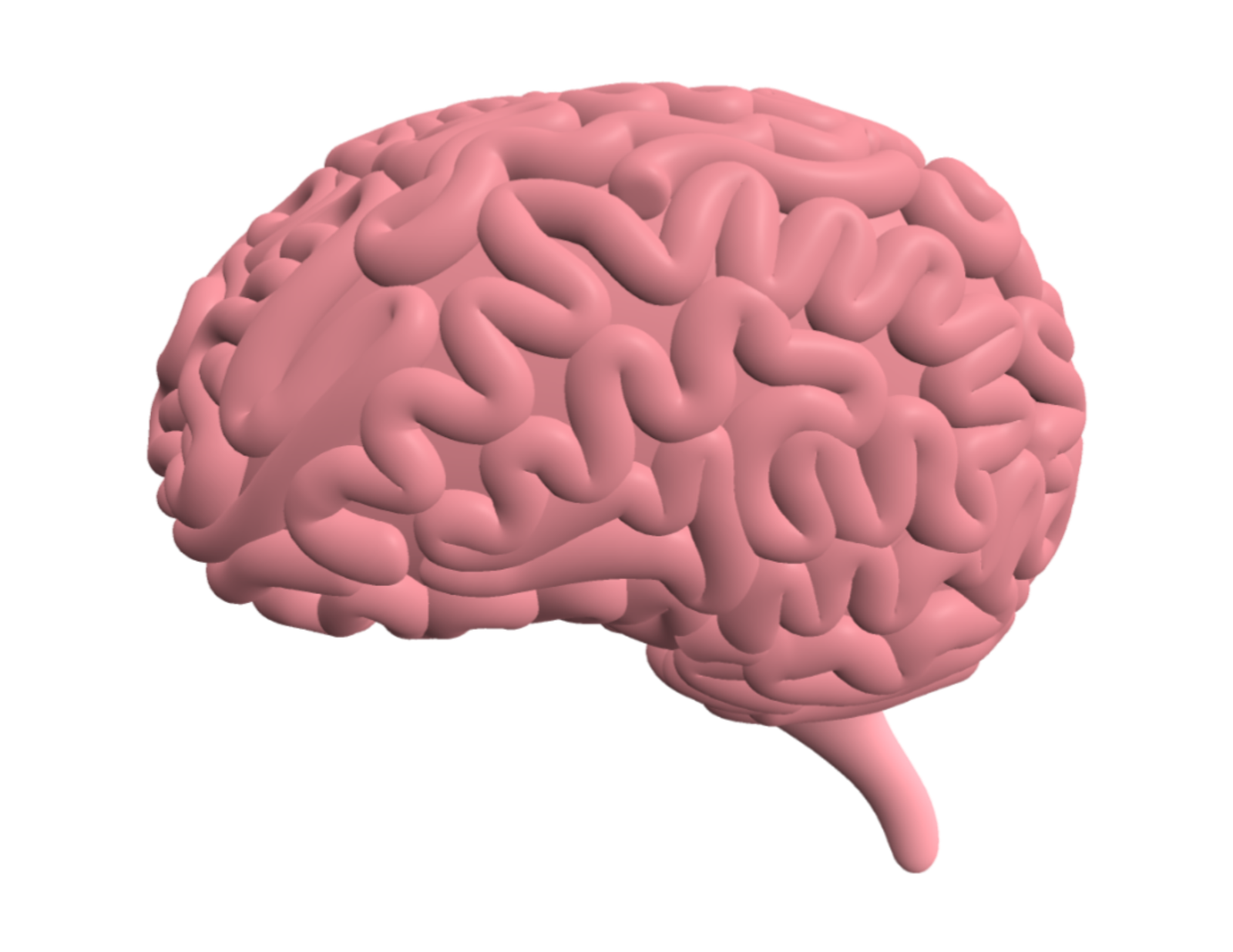
Frontal Lobe
The frontal lobe is essential for regulating emotions, planning, and decision-making, making it key in controlling impulses and social behavior. Dysfunction here can manifest as poor judgment, impulsivity, and emotional outbursts, often linked to mental health conditions such as depression, anxiety disorders, and ADHD.
- Planning & Decision Making
- Problem-Solving
- Judgment & Impulse Control
- Personality & Social Behavior
Temporal Lobe
The temporal lobe plays a pivotal role in processing emotions like fear and aggression while also being critical for memory and language. Issues in this lobe can disrupt communication and emotional regulation, contributing to mental health challenges, including anxiety disorders, memory problems, and schizophrenia.
- Hearing & Auditory Processing
- Memory
- Language Comprehension
Parietal Lobe
The parietal lobe integrates sensory information to aid in spatial awareness and body knowledge, influencing how we navigate and interact with our environment. While not a direct player in emotion processing, its functionality impacts daily life and behavior, and dysfunctions are sometimes associated with neglect-based disorders.
- Sensory Processing
- Navigation & Body Awareness
- Attention
Occipital Lobe
Primarily responsible for vision, the occipital lobe indirectly influences emotional processing through visual perception. Visual impairments can lead to difficulties in safely navigating and interacting with the world, potentially contributing to mental health issues like anxiety and depression.
- Visual
- Color & Motion Detection
- Visual Memory
Conditions We Treat
Our comprehensive neurotherapy solutions address a wide range of conditions, including but not limited to:
Trauma
Emotional response to a distressing event that overwhelms one’s ability to cope.
Head Injury/TBI
Brain dysfunction caused by an external force, with lasting effects.
Stress/Burnout
Extreme exhaustion from prolonged stress.
Depression
A condition marked by persistent sadness and disinterest in life.
Anxiety Disorder
Excessive worry that disrupts daily life.
ADD/ADHD
A disorder characterized by inattention and/or hyperactivity.
OCD
A disorder featuring unwanted repetitive thoughts and actions.
Bipolar Disorder
A disorder causing extreme mood swings from highs to lows.
Eating Disorders
Disorders characterized by extreme attitudes towards food and weight.
Addiction
Chronic brain dysfunction involving reward, motivation, and memory.
Epilepsy
A neurological disorder marked by abnormal brain activity and seizures.
Headaches/Migraines
Recurring pain ranging from moderate to severe, often accompanied by nausea, light sensitivity, and visual disturbances.
Insomnia
Persistent trouble falling or staying asleep.
Learning Disabilities
Brain-based difficulties in learning and using skills.
PTSD
A condition triggered by witnessing or experiencing a traumatic event.
Cognitive Impairment
Notable decline in memory and thinking skills.
Dementia/Alzheimer's
Dementia and Alzheimer’s encompasses a range of neurological conditions characterized by a decline in memory, reasoning, and cognitive functions. We offer specialized assessments and tailored protocols to manage symptoms and enhance life quality.
Memory Issues
Memory loss varies from mild forgetfulness to severe impairment that disrupts daily activities, impacting the ability to remember past events and learn new information.
Borderline Personality Disorder
Instability in mood, self-image, and behavior.
Autistic Spectrum Disorder
A developmental issue affecting communication and behavior.
Chronic Fatigue
Severe, unexplained tiredness not improved by rest.
Postpartum
The time following childbirth, characterized by significant physical, emotional, and psychological changes as a mother adjusts to postnatal life.
Concussion
A mild brain injury causing headaches, confusion, and coordination issues.
Trauma
Emotional response to a distressing event that overwhelms one’s ability to cope.
Head Injury/TBI
Brain dysfunction caused by an external force, with lasting effects.
Stress/Burnout
Extreme exhaustion from prolonged stress.
Depression
A condition marked by persistent sadness and disinterest in life.
Anxiety Disorder
Excessive worry that disrupts daily life.
Dementia/Alzheimer's
Dementia and Alzheimer’s encompasses a range of neurological conditions characterized by a decline in memory, reasoning, and cognitive functions. We offer specialized assessments and tailored protocols to manage symptoms and enhance life quality.
Eating Disorders
Disorders characterized by extreme attitudes towards food and weight.
Bipolar Disorder
A disorder causing extreme mood swings from highs to lows.
Borderline Personality Disorder
Instability in mood, self-image, and behavior.
Headaches/Migraines
Recurring pain ranging from moderate to severe, often accompanied by nausea, light sensitivity, and visual disturbances
OCD
A disorder featuring unwanted repetitive thoughts and actions.
ADD/ADHD
A disorder characterized by inattention and/or hyperactivity.
Epilepsy
A neurological disorder marked by abnormal brain activity and seizures.
Addiction
Chronic brain dysfunction involving reward, motivation, and memory.
PTSD
A condition triggered by witnessing or experiencing a traumatic event.
Insomnia
Persistent trouble falling or staying asleep.
Cognitive Impairment
Notable decline in memory and thinking skills.
Autistic Spectrum Disorder
A developmental issue affecting communication and behavior.
Chronic Fatigue
Severe, unexplained tiredness not improved by rest.
Memory Loss
Memory loss varies from mild forgetfulness to severe impairment that disrupts daily activities, impacting the ability to remember past events and learn new information.
Postpartum
The time following childbirth, characterized by significant physical, emotional, and psychological changes as a mother adjusts to postnatal life.
Concussion
A mild brain injury causing headaches, confusion, and coordination issues.
Learning Disabilities
Brain-based difficulties in learning and using skills.
Trauma
Emotional response to a distressing event that overwhelms one’s ability to cope.
Head Injury/TBI
Brain dysfunction caused by an external force, with lasting effects.
Stress/Burnout
Extreme exhaustion from prolonged stress.
Depression
A condition marked by persistent sadness and disinterest in life.
Anxiety Disorder
Excessive worry that disrupts daily life.
ADD/ADHD
A disorder characterized by inattention and/or hyperactivity.
OCD
A disorder featuring unwanted repetitive thoughts and actions.
Bipolar Disorder
A disorder causing extreme mood swings from highs to lows.
Eating Disorders
Disorders characterized by extreme attitudes towards food and weight.
Addiction
Chronic brain dysfunction involving reward, motivation, and memory.
Cognitive Impairment
Notable decline in memory and thinking skills.
Dementia
A decline in mental ability severe enough to interfere with daily life.
Borderline Personality Disorder
Instability in mood, self-image, and behavior.
Autistic Spectrum Disorder
A developmental issue affecting communication and behavior.
Chronic Fatigue
Severe, unexplained tiredness not improved by rest.
Concussion
A mild brain injury causing headaches, confusion, and coordination issues.
Epilepsy
A neurological disorder marked by abnormal brain activity and seizures.
Insomnia
Persistent trouble falling or staying asleep.
Learning Disabilities
Brain-based difficulties in learning and using skills.
PTSD
A condition triggered by witnessing or experiencing a traumatic event.
Your Next Steps

Schedule Your Discovery Session
This initial meeting allows us to understand your goals and determine if neurotherapy is the right approach for you. We’ll review how our techniques can improve your cognitive, emotional, and physical well-being.
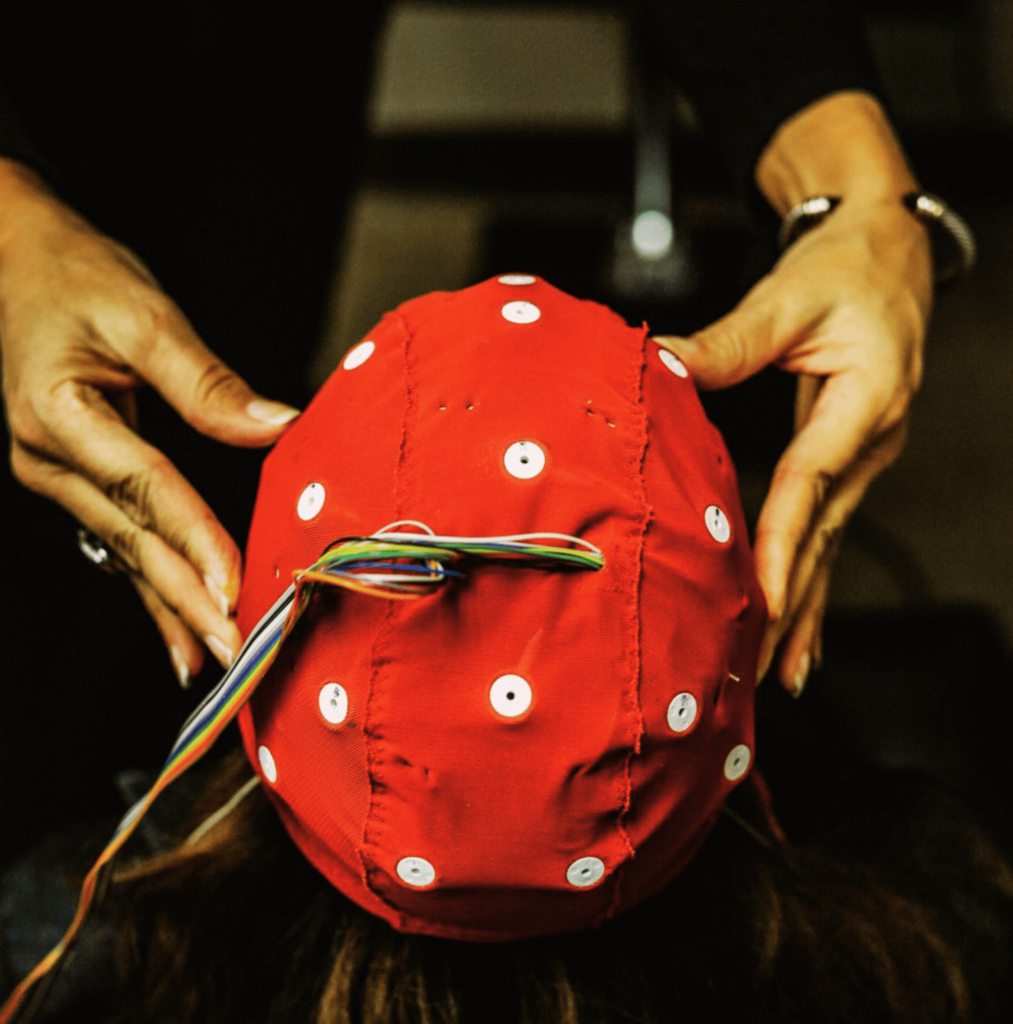
QEEG + Analysis
Experience our precise and non-invasive brain mapping session, where we use QEEG technology to capture your brain’s electrical activity. This crucial data provides insights into your mental and emotional functioning. Afterward, you’ll engage in a comprehensive review session with our therapists.
QEEG + Analysis
Experience our precise and non-invasive brain mapping session, where we use QEEG technology to capture your brain’s electrical activity. This crucial data provides insights into your mental and emotional functioning. Afterward, you’ll engage in a comprehensive review session with our therapists.


Begin Your Customized Sessions
Integrating the insights from your QEEG and our in-depth analysis, we will begin your personalized neurotherapy sessions. These personalized sessions are crafted to enhance the functionality of your brain, focusing on improving cognitive abilities, emotional balance, and overall physiological health.
Our Services
Our Services
QEEG + Neurotherapy
Explore a combined approach of advanced brain mapping and neurotherapy techniques to foster deep healing and significant progress in your mental health.
Neurostimulation
Improve neurological functions and enhance overall well-being by adjusting neural activity at precise points.
AVE Light Therapy
Discover relaxation and mental enhancement through light and sound with our serene AVE Light Therapy, designed to uplift and calm.
QEEG + Neurotherapy
Explore a combined approach of advanced brain mapping and neurotherapy techniques to foster deep healing and significant progress in your mental health.
AVE Light Therapy
Discover relaxation and mental enhancement through light and sound with our serene AVE Light Therapy, designed to uplift and calm.
Our Clients Say….
Hi Linda I hope you and the NIN team are doing well! Here is my endorsement/review that I should have done a long time ago. My apologies! My adult son was in a high speed, head-on collision that nearly cost him his life. NIN played a significant role in helping his severely injured brain, heal. Besides treating us like family, Dr.Larson and her team helped him improve his comprehension, communication skills, and memory. Interestingly, the most noticeable improvements were with his ability to manage, what had been, his extremely volatile emotions. We owe a huge debt of gratitude to NIN and all they’ve done to help our son improve his quality of life while on the road-to-independence. Thank you, Linda, John, Charis, and team.
J.K.
With therapy, I have reduced my stress, my demeanor is much calmer and I sleep through the night! I can’t say enough positive things about the treatment I have received from my sessions at NINT.
D. A.
I can’t thank you enough for the healing Neurotherapy and counseling that has seen me through the heart-crushing breakup of a marriage, brain and physical injuries from an auto versus pedestrian accident, the death of my only child, and Post-Traumatic Stress Disorder (PTSD). Neurotherapy and counseling before my accident healed my insomnia, brain, and heart, filling me with the wherewithal and confidence to pursue more challenging work, deeper creativity, and new love. The neurotherapy after my accident provided relief from the physical pain and continues to heal my head and heart. The continuing PTSD treatment allows me to release deeply held, damaging trauma. Given my profoundly positive experience with your Neurotherapy and care, I hope to see this type of treatment provided to anyone suffering from trauma.
B.G.
Neurotherapy has been a life changing experience. Our son was diagnosed with Autism Spectrum Disorder with Speech and Language Delay in 2019. He was basically nonverbal (5 years old) before we started this journey of Neurotherapy. He will now answer simple yes or no questions and say words & small sentences. This experience has been nothing short of amazing! We look forward to seeing just how much it helps as we continue with the program. Also, the clinic & staff are wonderful!
C.D.
This therapy would never have been on my radar in regard to my substance abuse, but now I want to turn everyone on to it. My family has seen a change in the way I carry myself and how I treat them.
A client in The Tim Project
Participating in Neurotherapy has given me a sense of hope of living without substances in my life. An overwhelming sense of calmness has entered my life.
A client in The Tim Project
Hi Linda I hope you and the NIN team are doing well! Here is my endorsement/review that I should have done a long time ago. My apologies! My adult son was in a high speed, head-on collision that nearly cost him his life. NIN played a significant role in helping his severely injured brain, heal. Besides treating us like family, Dr.Larson and her team helped him improve his comprehension, communication skills, and memory. Interestingly, the most noticeable improvements were with his ability to manage, what had been, his extremely volatile emotions. We owe a huge debt of gratitude to NIN and all they’ve done to help our son improve his quality of life while on the road-to-independence. Thank you, Linda, John, Charis, and team.
J.K.
With therapy, I have reduced my stress, my demeanor is much calmer and I sleep through the night! I can’t say enough positive things about the treatment I have received from my sessions at NINT.
D. A.
I can’t thank you enough for the healing Neurotherapy and counseling that has seen me through the heart-crushing breakup of a marriage, brain and physical injuries from an auto versus pedestrian accident, the death of my only child, and Post-Traumatic Stress Disorder (PTSD). Neurotherapy and counseling before my accident healed my insomnia, brain, and heart, filling me with the wherewithal and confidence to pursue more challenging work, deeper creativity, and new love. The neurotherapy after my accident provided relief from the physical pain and continues to heal my head and heart. The continuing PTSD treatment allows me to release deeply held, damaging trauma. Given my profoundly positive experience with your Neurotherapy and care, I hope to see this type of treatment provided to anyone suffering from trauma.
B.G.
Neurotherapy has been a life changing experience. Our son was diagnosed with Autism Spectrum Disorder with Speech and Language Delay in 2019. He was basically nonverbal (5 years old) before we started this journey of Neurotherapy. He will now answer simple yes or no questions and say words & small sentences. This experience has been nothing short of amazing! We look forward to seeing just how much it helps as we continue with the program. Also, the clinic & staff are wonderful!
C.D.
This therapy would never have been on my radar in regard to my substance abuse, but now I want to turn everyone on to it. My family has seen a change in the way I carry myself and how I treat them.
A client in The Tim Project
Participating in Neurotherapy has given me a sense of hope of living without substances in my life. An overwhelming sense of calmness has entered my life.
A client in The Tim Project


The Tim Project
Our Commitment to Prevention and Recovery
Tim Prummer’s life in Sandpoint, Idaho, was filled with community, laughter, and the love of a tight-knit family. A natural leader on the cross country and track teams, Tim was known for his humor and his heartfelt encouragement to others. Despite these strengths, Tim struggled with underlying challenges, including academic difficulties, sleep problems, and anxiety, which eventually led him to seek relief in ways that proved harmful.
Tragically, Tim’s struggles ended in November 2022 when he succumbed to an accidental drug overdose at just 28 years old. This profound loss highlighted a critical gap in available resources and support for those battling similar issues.
Motivated by Tim’s story, North Idaho Neurotherapy has established The Tim Project to offer hope and specialized care to individuals facing drug and alcohol addictions, providing them with the neurotherapeutic support that could have made a difference in Tim’s life.
How The Tim Project Helps:
Initial Consultation
We start by deepening our understanding of each client’s specific needs, setting the foundation for a personalized therapeutic approach.
Advanced Diagnostics
Utilizing QEEG technology, we map brain activity to pinpoint areas needing intervention, informing our tailored treatment plans.
Comprehensive Neurotherapy
We apply a combination of modalities such as neurofeedback, neuromodulation, AVE training, and Heart Rate Variability (HRV) training, augmented by talk therapy where necessary, to address and treat the root causes of addiction.
Continuous Support
Our commitment to recovery extends beyond initial treatment, ensuring ongoing support and adjustments to maximize long-term success.
Join Us in Making a Difference
Inspired by Tim’s story and driven by our expertise in neurotherapy, North Idaho Neurotherapy is dedicated to transforming lives. If you or someone you know is struggling, The Tim Project offers a path to recovery grounded in cutting-edge science and compassionate care. Together, we can prevent tragedy by providing the support and treatment that truly makes a difference.
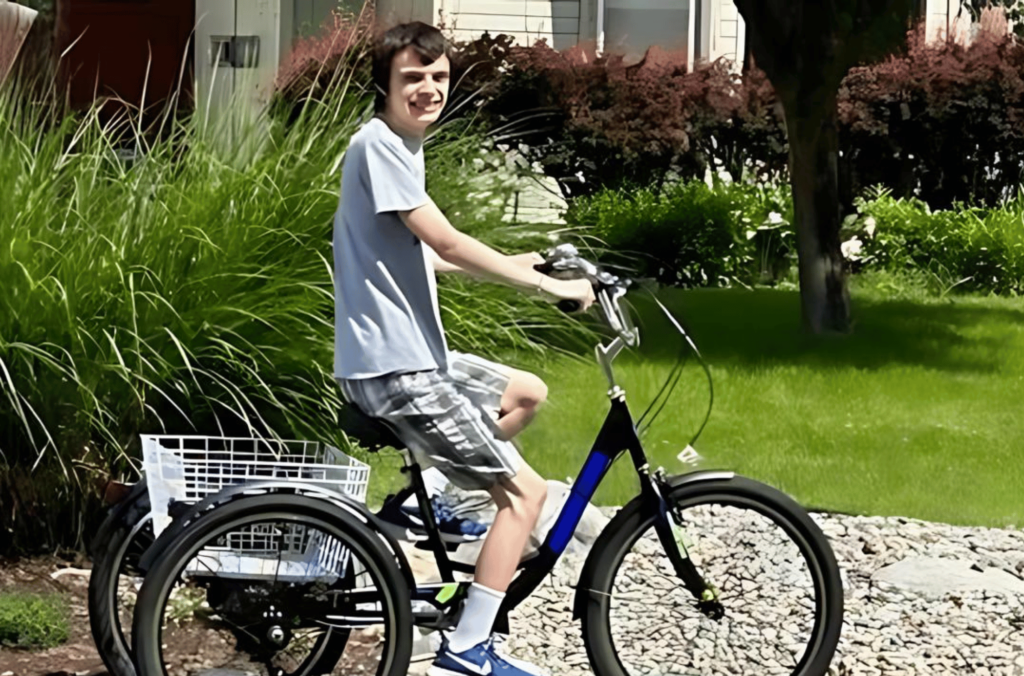
The Levi Project
Empowering Autistic Individuals Through Neurotherapy
At North Idaho Neurotherapy, we believe in harnessing the power of neurotherapy to enhance lives. The Levi Project, inspired by the remarkable progress of a young boy named Levi, is dedicated to helping the autistic community thrive.
Levi's Transformation
Diagnosed with moderate autism at a young age, Levi’s journey with neurotherapy has led to significant improvements in communication, social interaction, and emotional expression.
After initial hesitation, Levi’s mother chose to pursue neurotherapy, hoping to improve his quality of life without altering his unique personality. Eight months into treatment, the results have been nothing short of inspiring:
- Enhanced Communication: Levi now speaks in sentences and engages more with others.
- Regulated Behaviors: Notable decrease in self-soothing pacing, showing increased calmness and presence.
- Improved Focus and Adaptability: More attentive to tasks and smoother transitions between activities.
Join The Levi Project
Levi’s story is a testament to the potential of neurotherapy to bring out the best in those on the autism spectrum, helping them integrate more fully with the world around them.
FAQ
Following the insights gained from your QEEG, our specialists devise personalized neurotherapy sessions. These may include techniques such as neurofeedback, biofeedback, and other brain training exercises designed to improve neural pathways, enhancing your brain's ability to process information, regulate emotions, and maintain mental wellness.
Yes, North Idaho Neurotherapy is equipped to assess and treat a range of memory-related conditions, including Alzheimer's and dementia or mild memory loss. Our clinic utilizes advanced diagnostic tools such as QEEG brain mapping to identify specific patterns associated with memory impairments. Based on these assessments, we develop personalized neurotherapy protocols tailored to address and manage the symptoms of each individual, aiming to improve cognitive function and enhance quality of life.
Yes, neurotherapy has been successfully used to help manage a variety of conditions, including ADHD, anxiety, depression, stress, and more. By targeting the underlying brain wave patterns associated with these conditions, neurotherapy can help alleviate symptoms and improve overall mental health.
After conducting a thorough QEEG brain mapping, our board-certified therapists analyze your brain's conditions and identify specific areas for improvement. Based on these insights, we create a personalized treatment plan tailored to your unique needs, ensuring you receive the most effective neurotherapy interventions.
Yes, our services can be covered by some insurance. We will provide the necessary forms for you to submit to your insurance provider. We understand the importance of accessible care and offer several billing options, including Care Credit, and assistance with Superbill submissions for reimbursement. Contact our clinic for further details.
Neurotherapy is suitable for individuals of all ages seeking to improve their mental health, cognitive functions or manage conditions such as ADHD, anxiety, depression, and stress. If you're looking for a drug-free, holistic approach to enhance your well-being, here it is!
Like building muscle through exercise, your brain strengthens with each neurofeedback session. Results can become apparent over time as your brain learns to self-regulate, offering lasting, medication-free improvements.
During neurotherapy sessions, it’s common to experience a range of emotions as the brain processes and integrates feedback, building new neural pathways. Some clients report feeling fatigued, experiencing headaches, or encountering fuzzy thinking and emotional vulnerability. This is a normal part of the healing process, and our team is here to support you through these transitions. We encourage you to discuss any significant effects with us, as well as with your current medical doctor or therapist, to ensure comprehensive care.
While neurotherapy is designed to be a low-risk and comfortable treatment, like any therapeutic procedure, it may cause mild side effects in some individuals. These are usually temporary as your brain adapts to the therapy:
- Headaches or Dizziness: Occasionally, clients might experience slight headaches or a brief sense of dizziness following a session.
- Temporary Cognitive Changes: Some individuals may notice short-term cognitive changes, such as moments of forgetfulness or difficulty focusing, as the brain adjusts to new patterns of activity.
- Muscle Tension: During sessions, you may inadvertently tense your muscles, which can lead to temporary stiffness or discomfort.
- Variations in Energy Levels: It's not uncommon to feel unusually tired or to experience a dip in energy after a neurofeedback session, as your brain expends energy adjusting.
Emotional Sensitivity: As the therapy progresses, some clients might experience fluctuations in their emotional state, including increased anxiety or changes in mood.

